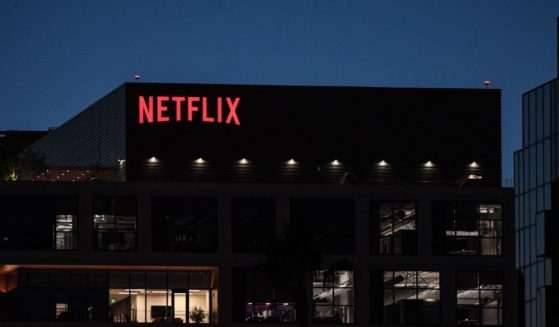German Citizens Forced to Forage in the Woods as Energy Costs Reach Unthinkable Levels
Spiking energy costs have sent German citizens into the woods as winter approaches, with no end in sight to the nation’s energy crunch.
The hunt for winter fuel is an outgrowth of Russia’s invasion of Ukraine. After many European nations, including Germany, sided with Ukraine, Russia retaliated by slowing the flow of natural gas to Germany. On Wednesday, for example, Russia shut down the Nord Stream 1 pipeline to Germany for three days, saying it needed repairs, noted The New York Times.
Dwindling supply has meant natural gas prices have risen, with Reuters saying a government-induced increase imposed this month amounts to 13 percent increase in natural gas bills. Since January 2021, natural gas prices in Germany are up more than 70 percent, according to Quartz.
“I’m really worried about the winter. My place is drafty, so I’m considering living in the smallest room — the one that heats up quickly. I’ll probably leave the heating off in the rest of the apartment,” Berliner Ulrike Steinke said, according to NPR.
Fears of the coming cold have led Germans to turn to firewood, which is now becoming scare as well, with Germany’s Federal Firewood Association saying German suppliers are largely out of wood, Quartz reported.
About 80 percent of Germany’s firewood has come from German trees. Amid panic buying, firewood is now being shipped in from Poland to meet the demand, which has led some sellers to ration purchases.
Meanwhile, people in both countries are turning to going out into the woods to gather what they can find.
The crimp in the flow of natural gas has also impacted German businesses.
Martin Brudermüller, chief executive of the chemical maker BASF, one of Germany’s biggest corporations, feared in April that a gas cutoff “could send the German economy into its worst economic crisis since the end of World War II,” according to The New York Times.
“We are in crisis mode, but we are not panicking,” Brudermüller said later in July.
German firms are using ingenuity and other energy sources to stay in business.
“The reduction in industrial gas demand that we have seen is not because of a large output loss or economic downturn in these sectors,” said Clemens Stiewe, an economist at the Hertie School in Berlin. He explained it is because of production flexibility and inability to import substitutions.
You can’t find firewood to buy in Germany. People are lining up to buy coal. In Poland, folks are sleeping in their cars. In the UK 70% of restaurants are about to go under because they can’t keep the heat and light on. Energy shortage in Europe.
— RockyRoadPatriot (@RockyRd_Patriot) August 30, 2022
Energy saving is now imposed on the nation.
Public buildings can be heated to no more than 66 degrees Fahrenheit. Outdoor ads have to go dark at night. Public swimming pools are under orders to heat the water less — among other measures.
German residents are being urged to heat the residences to one degree lower than last year and keep showers under five minutes.
Truth and Accuracy
We are committed to truth and accuracy in all of our journalism. Read our editorial standards.












